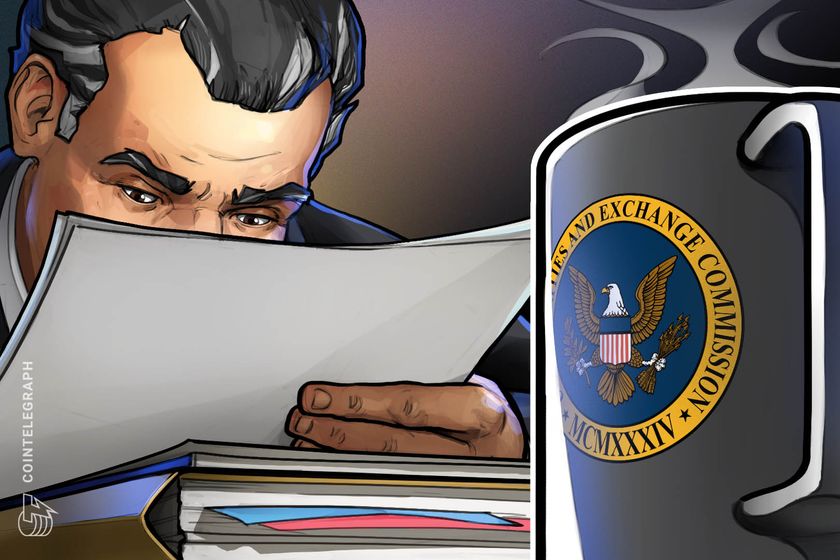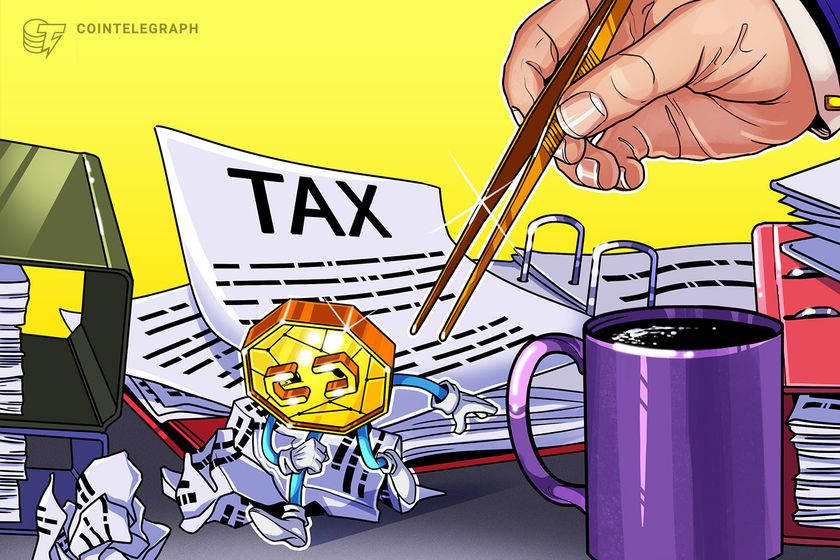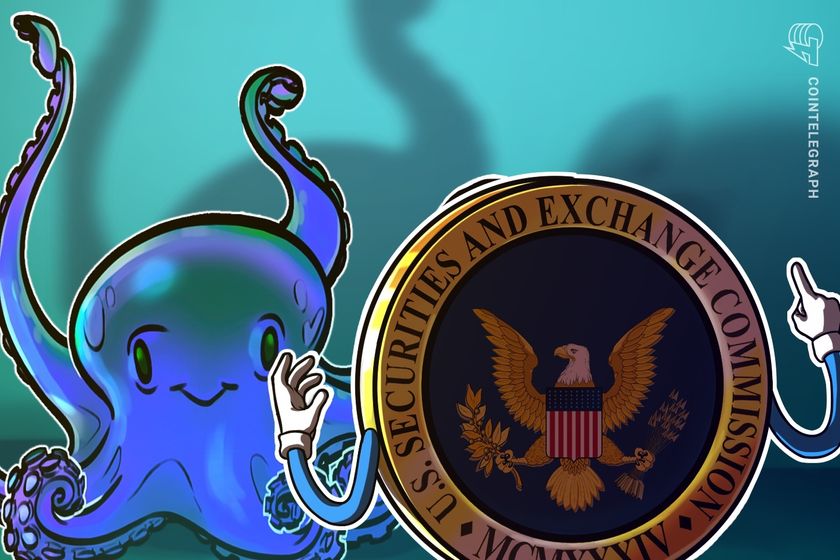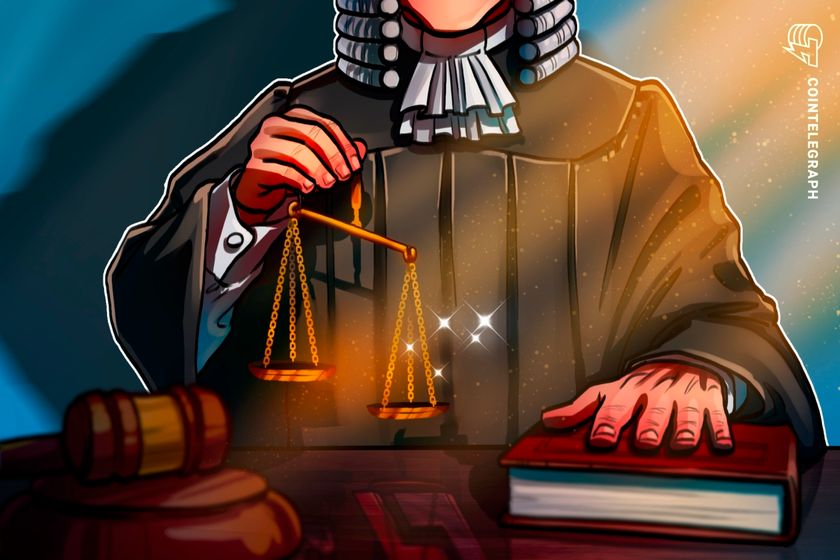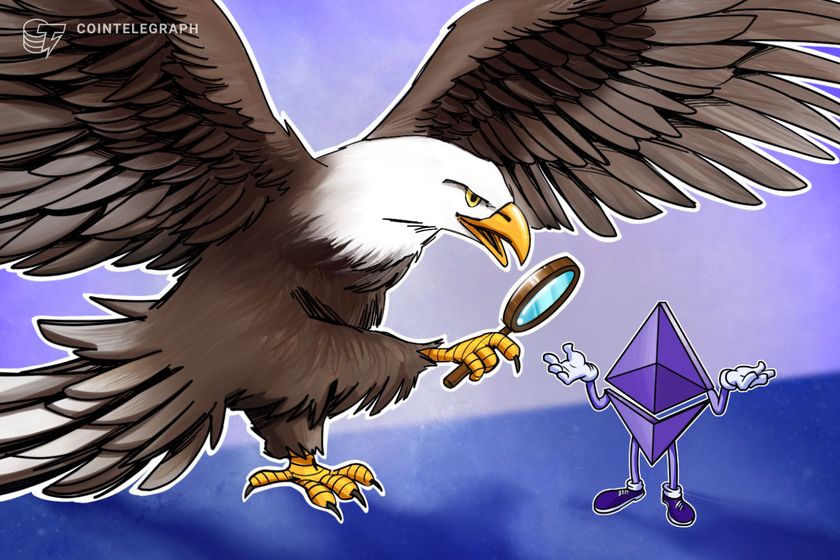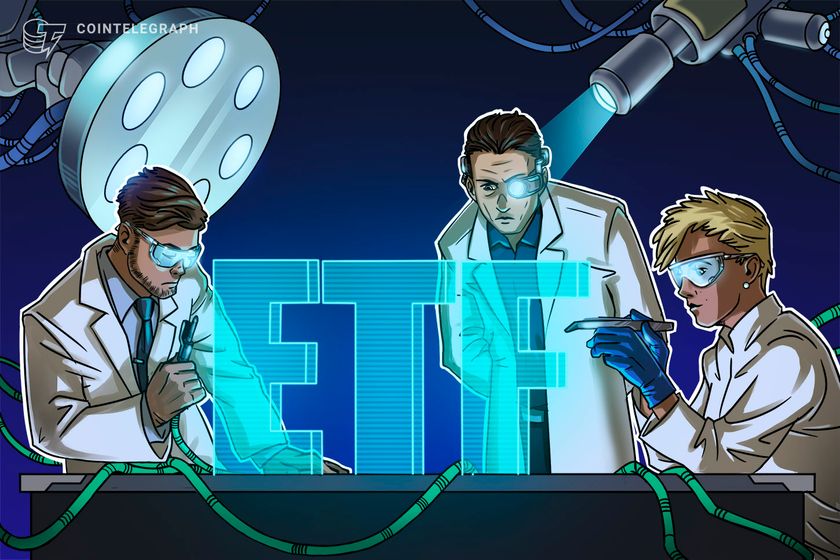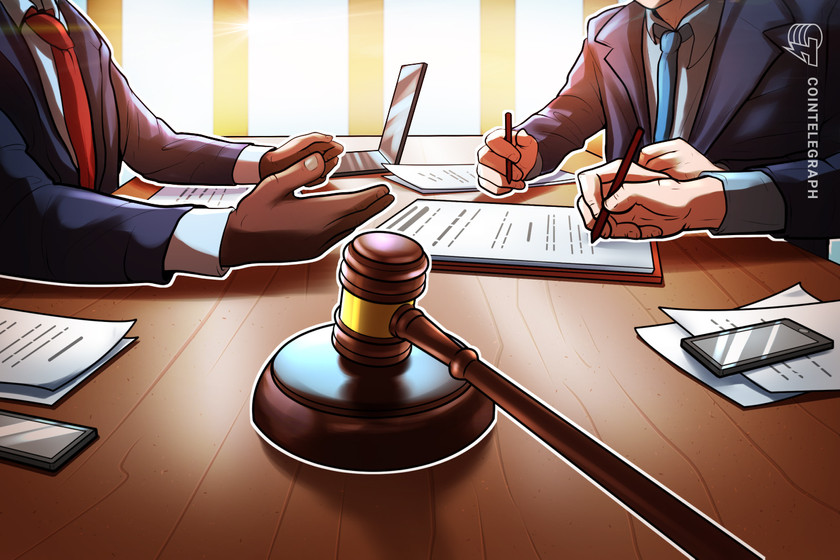Jury in Terraform Labs case shouldn’t decide whether crypto is a security — SEC


According to the SEC, the tokens at issue in its civil case against Terraform Labs should be a “legal question” for a court, “not a factual question for the jury.”
Lawyers representing the United States Securities and Exchange Commission requested the judge in its civil case against Terraform Labs and co-founder Do Kwon determine whether certain crypto assets are securities rather than a jury.
In a Dec. District Court for the Southern District of New York, the SEC argued that the matter of cryptocurrencies as securities under the commission’s guidelines was a “legal question to be determined [by] the Court, not a factual question for the jury.” According to the SEC, sending the question of whether certain cryptocurrencies in the Terraform Labs case qualified as securities under the Howey test — the commission’s standard for determining what is a security — opened the matter up for discussion.
“There is no genuine dispute of material fact that Defendants’ crypto asset offerings involved an investment of money, in a common enterprise, with an expectation of profit to be derived from Defendants’ efforts,” said the SEC.


Related: SEC faces sanctions threat as Judge questions DEBT Box case accuracy
The SEC has taken it upon itself to label different cryptocurrencies as securities in various lawsuits, including enforcement actions against Binance and Coinbase. In the commission’s case against Ripple, a federal judge ruled in July that the XRP (XRP) token did not necessarily qualify as a security, potentially leading to the SEC dropping charges against CEO Brad Garlinghouse and executive chair Chris Larsen.
The question of what cryptocurrencies qualify as securities or commodities in the United States has been an ongoing debate among lawmakers and regulators, as has the role the SEC should play in regulating digital assets. Many experts are also speculating that the SEC may soon decide on whether to approve a spot crypto exchange-traded product for the first time.

